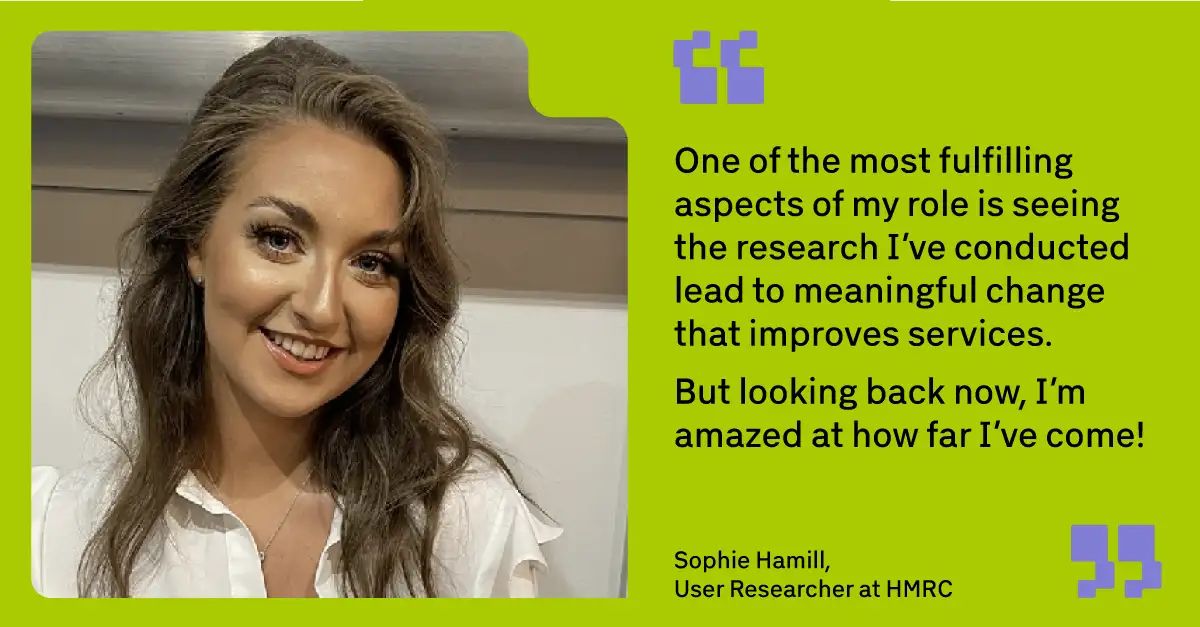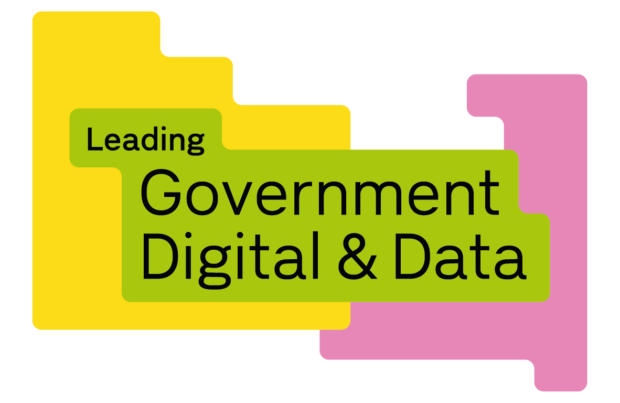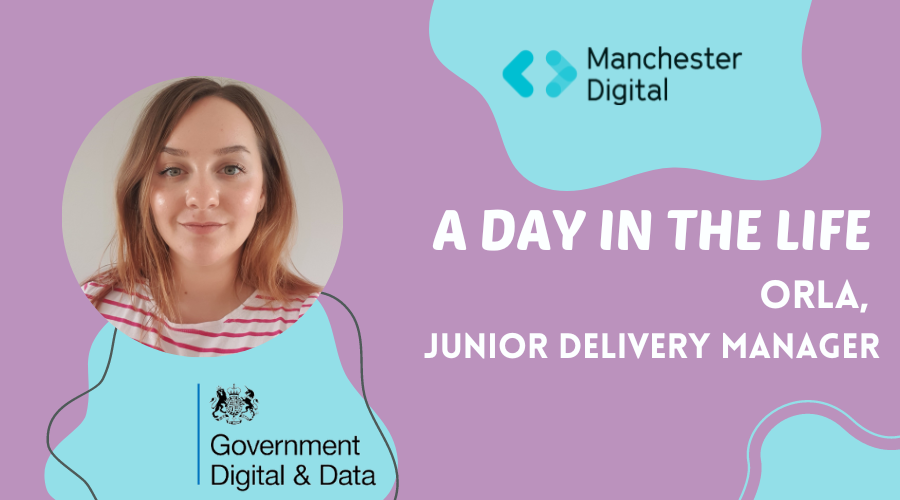Junior Data Engineer - DBT - HEO
Government Digital & Data -
The Department for Business and Trade (DBT) has a clear mission - to grow the economy. Our role is to help businesses invest, grow and export to create jobs and opportunities right across the country. We do this in three ways. Firstly, we help to build a strong, competitive business environment, where consumers are protected and companies rewarded for treating their employees properly. Secondly, we open international markets and ensure resilient supply chains. This can be through Free Trade Agreements, trade facilitation and multilateral agreements. Finally, we work in partnership with businesses every day, providing advance, finance and deal-making support to those looking to start up, invest, export and grow. The Digital, Data and Technology (DDaT) directorate develops and operates tools and services to support us in this mission.
Job description
About the role
As a Junior Data Engineer you will help us design, implement, test and operate our data products, pipelines and services. We will help you to develop in the Data Engineering profession towards more senior roles. You will have opportunities to contribute to a range of solution to satisfy our data user needs. The team will rely on your ability to query and transform data using both SQL (Postgres) and Python (Pandas, Apache Airflow). You will help building efficient data pipelines and creating services that expose the data through APIs. The role follows the DDaT framework: https://www.gov.uk/guidance/data-engineer
You will be
- a flexible problem solver with interest in data and digital technology
- a team player able to collaborate on solutions with other professions
- eager to learn more and share what they know with others
Person specification
Essential Skills and Experience It is essential that you have the following skills:
- Agile methodologies. You know about agile methodologies and the ways you can apply the principles in practice. You can take an open-minded approach; you know why iteration is important. You know how agile processes can be used to validate ideas with users.
- Data development process. You can design, build and test data products based on feeds from multiple systems using a range of different data exchange, storage and access technologies. You can create testable, repeatable and reusable products.
- Data technology. You can apply data models using database technology. You understand and apply appropriate data design principles to achieve performant and secure databases. You are aware of general trends in data technology.
- Technical understanding (data engineering). You understand core technical concepts like data normalisation, modelling, performance of data intensive solutions. You understand basic software development concepts.
Desirable Skills and Experience These skills are not necessary, but would be ideal if you have:
- Communication skills (data). You know about the need to translate technical concepts into non-technical language and understand what communication is required for internal and external stakeholders.
Benefits
- Learning and development tailored to your role
- An environment with flexible working options
- A culture encouraging inclusion and diversity
- A Civil Service pension with an employer contribution of 28.97%
Things you need to know
Selection process details
How to apply
As part of the application process you will be asked to upload a 1 page CV and complete a 500 word personal statement outlining how you meet the essential skills and experience listed above. You can use bullet points and subheadings if you prefer.
Sift will be from week commencing Monday 21st October
Interviews will be from week commencing Monday 4th November
Please note these dates are indicative and may be subject to change.
If there is a high volume of applications, we will sift looking at your Personal statement only. You may then be progressed to full sift or straight to interview.
How we interview
At the interview stage for this role, you will be asked to demonstrate relevant Technical Skills and Behaviours from the Success Profiles framework. These are role specific and in line with the DDaT Capability Framework.
Technical Skills
- Data modelling. You understand the concepts and principles of data modelling and can produce, maintain and update relevant data models for specific business needs. You know how to reverse-engineer data models from a live system.
- Problem resolution (data). You know about the types of problems in databases, data processes, data products and services.
- Programming and build (data engineering). You can design, code, test, correct and document simple programs or scripts using Python and SQL. You can use source control to manage your code.
- Testing. You can execute test scripts under supervision. You understand the role of testing and how it works.
Detailed explanations of each Technical Skill can be found on the DDaT Framework. We will also assess you against the following Behaviours:
- Working Together
- Developing Self and Others
You will also be asked to complete a technical exercise and will be informed on the topic following the sift.
How we offer
Offers will be made in merit order based on location preferences. If you pass the bar at interview but are not the highest scoring you will be held on a 12-month reserve list in case a role becomes available. If you are judged a near miss at interview, you may be offered a post at the grade below the one you applied for.
This role requires SC clearance. DBT’s requirement for SC clearance is to have been present in the UK for at least 3 of the last 5 years. Failure to meet this requirement will result in your application being rejected and your offer will be withdrawn.
Checks will also be made against:
- departmental or company records (personnel files, staff reports, sick leave reports and security records)
- UK criminal records covering both spent and unspent criminal records
- your credit and financial history with a credit reference agency
- security services record
- location details
More about us
This role can only be worked from within the UK, not overseas. If you are based in London, you will receive London weighting. DBT employees work in a hybrid pattern, spending 2-3 days a week (pro rata) in the office on average.
Travel to your primary office location will not be paid for by DBT, but costs for travel to an office which is not your main location will be covered.
You can find out more about our office locations, how we calculate salaries, our diversity statement and reasonable adjustments, the Recruitment Principles, the Civil Service code and our complaints procedure on our website. Find out more about life at DBT, our benefits and meet the team by watching our video or reading our blog!
Feedback will only be provided if you attend an interview or assessment.
Security
Successful candidates must undergo a criminal record check.
Successful candidates must meet the security requirements before they can be appointed. The level of security needed is security check (opens in a new window).
See our vetting charter (opens in a new window).
People working with government assets must complete baseline personnel security standard (opens in new window) checks.
Nationality requirements
This job is broadly open to the following groups:
- UK nationals
- nationals of the Republic of Ireland
- nationals of Commonwealth countries who have the right to work in the UK
- nationals of the EU, Switzerland, Norway, Iceland or Liechtenstein and family members of those nationalities with settled or pre-settled status under the European Union Settlement Scheme (EUSS) (opens in a new window)
- nationals of the EU, Switzerland, Norway, Iceland or Liechtenstein and family members of those nationalities who have made a valid application for settled or pre-settled status under the European Union Settlement Scheme (EUSS)
- individuals with limited leave to remain or indefinite leave to remain who were eligible to apply for EUSS on or before 31 December 2020
- Turkish nationals, and certain family members of Turkish nationals, who have accrued the right to work in the Civil Service
Further information on nationality requirements (opens in a new window)
Working for the Civil Service
The Civil Service Code (opens in a new window) sets out the standards of behaviour expected of civil servants.
We recruit by merit on the basis of fair and open competition, as outlined in the Civil Service Commission's recruitment principles (opens in a new window).
The Civil Service embraces diversity and promotes equal opportunities. As such, we run a Disability Confident Scheme (DCS) for candidates with disabilities who meet the minimum selection criteria.
The Civil Service also offers a Redeployment Interview Scheme to civil servants who are at risk of redundancy, and who meet the minimum requirements for the advertised vacancy.
Diversity and Inclusion
The Civil Service is committed to attract, retain and invest in talent wherever it is found. To learn more please see the Civil Service People Plan (opens in a new window) and the Civil Service Diversity and Inclusion Strategy (opens in a new window).








